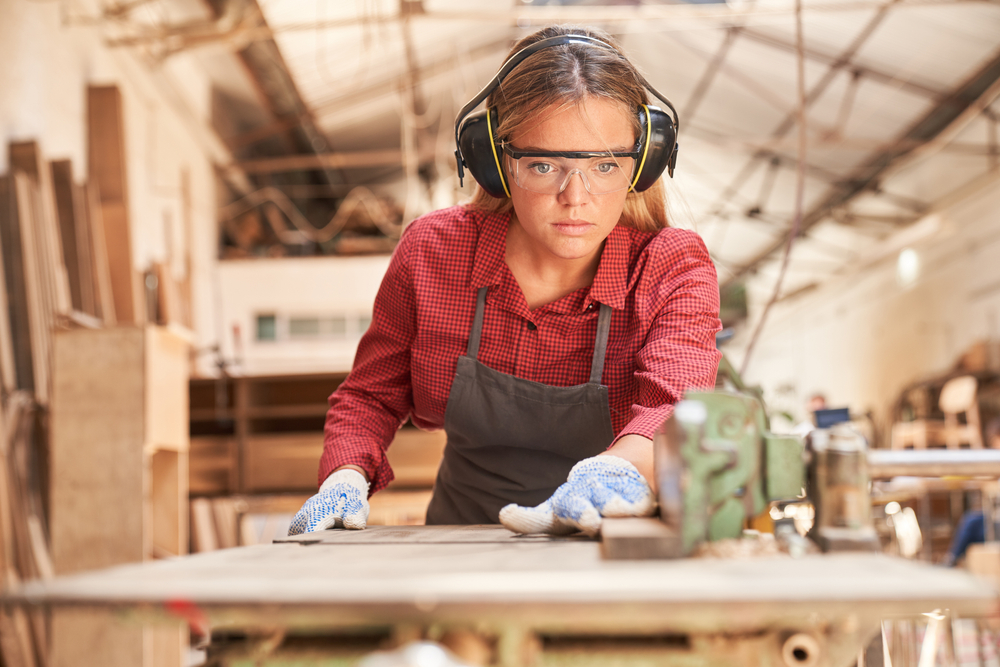
Hearing protection plays an essential role in protecting your ears against harmful noise levels, whether at work, concerts, or even during DIY projects at home. However, you could be left exposed to possible risks if any one of several potential factors interferes with your hearing protection’s effectiveness. In order to understand and successfully maximize the benefits of your ear protection, it’s crucial to understand these issues.
Why hearing protection falters: common scenarios
Even when you observe best practices, unforeseen challenges can occur. You use your earmuffs diligently at work, wear earplugs at concerts, and avoid noisy situations whenever possible. Yet, some variables can still disrupt your hearing protection’s effectiveness. Fortunately, by recognizing these common pitfalls, you can make educated adjustments to ensure your hearing is always well-protected.
1. Selecting the wrong hearing protection for the situation
The effectiveness of hearing protection can be reduced by selecting the wrong type for the given situation.
Generally speaking, hearing protection falls into two main categories:
- Earmuffs: Larger devices that cover the whole ear, similar to headphones.
- Earplugs: Little, flexible inserts that seat snugly inside the ear canal.
There is an ideal type for each situation:
- Locations with a continual noise threshold, like a factory floor or the cabin of an airliner, are the ideal times to utilize earplugs.
- Earmuffs are better for situations with periodic noise, such as a construction site where machinery starts and stops frequently.
Earmuffs are easier to manage when there is a need to regularly put on and remove your hearing protection. Disposable earplugs, on the other hand, can leave you susceptible to hearing damage because they can be easily misplaced. The first step towards successfully safeguarding your hearing is to select the correct type of hearing protection.
2. Fit and function are impacted by anatomy
Everybody’s ears are unique, which means not all hearing protection devices will fit everybody equally well. An average sized ear is what standard earplugs and earmuffs are designed for, but a more individualized solution may be required for your ear’s anatomy.
- Larger ear structures: Bigger ears can make earmuffs uncomfortable, causing gaps in the seal that allow noise to enter.
- Smaller ear canals: If you have narrow ear canals, standard-sized earplugs may not create a proper seal, reducing their noise-blocking capabilities.
If your hearing protection isn’t fitting correctly, you could become discouraged and choose to quit using them altogether which can imperil your hearing. If you spend significant time in noisy environments, consider investing in custom-molded earplugs or professionally fitted earmuffs. Deciding to go with a more customized approach will offer you increased comfort and effectiveness, keeping your hearing safe in any situation.
3. Failing to maintain or replace ear protection
Like any piece of gear, hearing protection devices require maintenance to continue to be effective. Their ability to supply sufficient protection can be compromised by things like improper cleaning, wear and tear, and failure to replace them when needed.
Here’s how to maintain your hearing protection:
- Inspect for Damage: Frequently inspect the elastic band on earmuffs. A slack or stretched band can decrease their snug fit, diminishing their noise-blocking ability.
- Clean Properly: Debris and earwax can build up on your hearing protection over time. Clean them regularly using manufacturer-recommended techniques to ensure cleanliness without damaging the material.
- Replace Cushions: The flexibility of earmuff cushions can diminish over time. Replace them when necessary to maintain a proper seal.
Ignoring these simple maintenance duties can leave your hearing protection less effective or even unusable. Routine maintenance is crucial to extend their lifespan and ensure consistent performance.
The advantage of a hearing specialist
If you’re unsure whether your hearing protection is getting the job done, schedule a consultation appointment with us. After checking your devices, we can help you with a customized solution that will work best for you.
Keeping your hearing safe is a commitment that lasts a lifetime and it’s important that you do it with the proper tools. You can protect and preserve your hearing for many years by managing these common challenges.